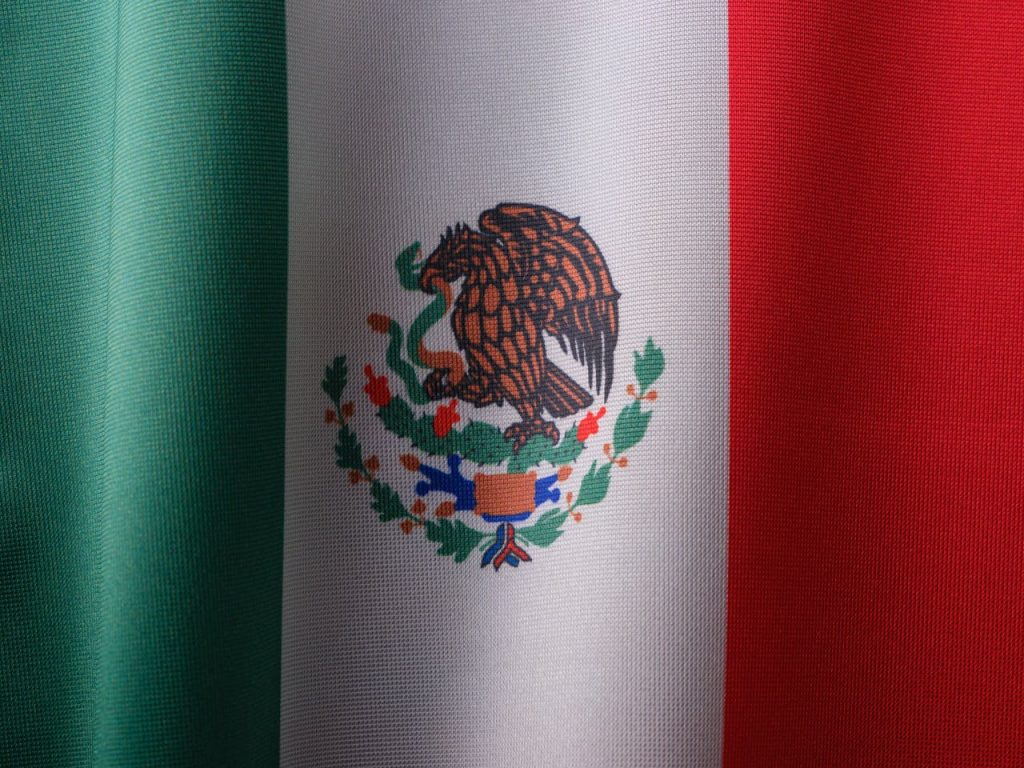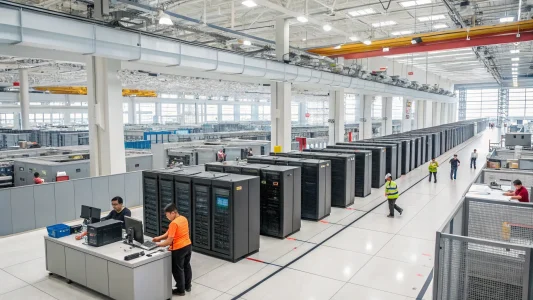Mexico City In an effort to boost domestic industry and offset imports from Asia, the Mexican government is taking steps to increase tariffs on imports of essential goods from nations with which it does not have a trade agreement. The Economy Ministry said the bill, presented to Congress along with the 2026 federal budget proposal, targets imports of about 1,500 products worth roughly $52 billion.
Mexican government raises tariffs on imports to bolster their industries
“These products already had a tariff…what we’re going to do is increase it to the cap that we’re permitted by the World Trade Organization,” Economy Minister Marcelo Ebrard said Wednesday. The measure will affect steel, textiles, toys, home appliances, footwear, automobiles, and auto parts.
The United States, Canada, the European Union, and Japan are among the more than 50 nations with which Mexico has trade agreements. Among countries without a deal, China continues to be the largest exporter, followed by South Korea, India, and Russia. Currently, about 5% of Mexico’s new car sales are of Chinese manufacture. “The Mexican auto industry is 23% of national manufacturing, so we have to protect it,” Ebrard said. “One way is to increase the tariffs paid on those light vehicles imported so cheaply, below the reference price so to speak.”
Officials said the measure will preserve more than 320,000 industrial jobs in key manufacturing states. The push also relates to ongoing and upcoming trade negotiations with the United States and Canada, said Finance Minister Edgar Amador. Amador said Mexico’s priority is to reindustrialize sectors weakened by “not always fair competition.” He noted, “I don’t think we’re the only ones” pursuing such measures.
In addition to immigration and drug trafficking disputes that previously led Washington to impose tariffs outside of the USMCA framework, the U.S. has put pressure on Mexico regarding cheap imports from China. Instead of threatening retaliation, Mexico engaged in direct negotiations. Phone conversations between President Claudia Sheinbaum and President Trump produced several tariff delays, including a 90-day reprieve announced in August.
Featured Image Credit: Engin Akyurt; Pexels; Thank you!














